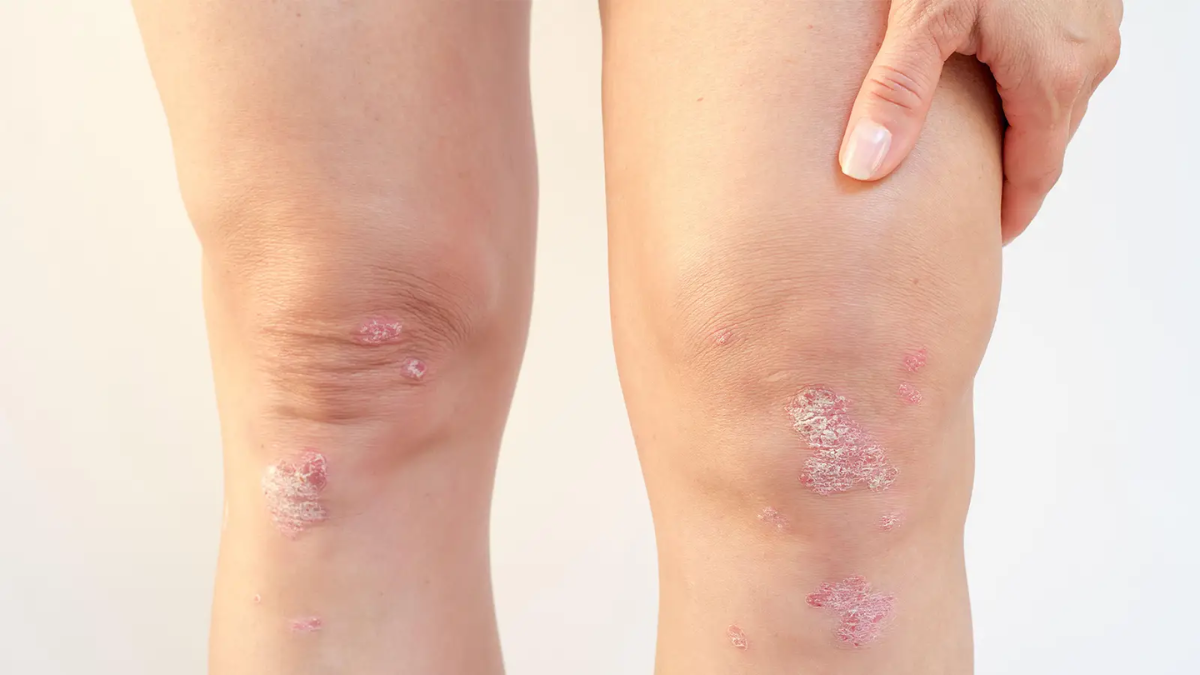
It is well known that one’s experiences in childhood plays a pivotal role in shaping an individual’s physical and mental health. Experts worldwide have been recognising the psychological consequences of neglect and childhood abuse, however, a recent research highlights a surprising connection between such experiences and onset of autoimmune diseases in adulthood.
The study was published by the researchers from the University of Birmingham and explores the link between childhood maltreatment and autoimmune diseases, revealing how trauma during early years can have long-term repercussions on the immune system.

Early Childhood Trauma And Its Impact On Immune System
As per the study, childhood abuse and neglect is now to be recognised as a significant contributing factor in immune-mediated inflammatory disorders (IMIDs). IMIDs include psoriasis and rheumatoid arthritis that are caused by the immune system malfunctioning and attacking the body's own tissues.
Also Read: India Revamps Obesity Guidelines After 15 Years: Here's What's New
According to the study, individuals who experienced abusive or neglectful childhoods are more likely to develop autoimmune diseases later in life. This connection underscores how mental health and physical health are connected in many ways. Early trauma disrupts the immune system, potentially making it more prone to errors that trigger inflammatory diseases. The study also found that women are disproportionately affected by these conditions, pointing to the need for gender-specific research and interventions.

IMIDs That Can Be Triggered By Childhood Maltreatment
Psoriasis
As per Dr Madhulika Gupta, Dermatology Resident (MD), Muzaffarnagar Medical College & Hospital, Muzaffarnagar, “Psoriasis is a chronic skin condition that can result in pain, itchiness, scaly patches, and discolouration of the skin on the healing of the lesions. This is because the cells of your skin tend to multiply very fast, and it cannot shed the cells as quickly. It mostly happens on your knees, elbows, scalp, genitals, palms, feet, or trunk.”
Also Read: Lancet Report Declares BMI an Incomplete Measure of Obesity, Urges Diagnostic Overhaul
Rheumatoid Arthritis
According to Dr R.A. Purnachandra Tejaswi, Consultant Orthopaedic Surgeon with Special Interest in Sports Medicine, Reconstructive Arthroscopy and Joint Preservation Surgery, Yashoda Hospitals, Hyderabad, RA is an autoimmune disease which occurs when the immune system mistakenly attacks the lining of the joints, leading to swelling, stiffness, and eventually joint damage. The study indicates that childhood trauma may heighten the risk of developing this debilitating disease.

Health Implications
This study emphasises on the urgent need for a more holistic approach to healthcare for individuals with a history of childhood maltreatment. Mental health support, combined with proactive monitoring for physical ailments, could help mitigate the risk of developing autoimmune diseases. Early intervention and routine screenings for those with traumatic childhood experiences might prevent or delay the onset of these conditions.
The researchers stress that childhood maltreatment should be a key consideration in healthcare planning. By identifying individuals at higher risk, medical professionals can offer more targeted treatments and support systems to improve outcomes.
Bottomline
The link between childhood maltreatment and autoimmune diseases is a reminder of how critical early life experiences are to overall health. By focusing on prevention, early intervention, and tailored healthcare for individuals with traumatic pasts, society can address the dual challenges of mental and physical health. As the study shows, tackling childhood trauma is not just a matter of emotional well-being—it’s a vital step in preventing life-altering diseases like rheumatoid arthritis and psoriasis.
How we keep this article up to date:
We work with experts and keep a close eye on the latest in health and wellness. Whenever there is a new research or helpful information, we update our articles with accurate and useful advice.
Current Version